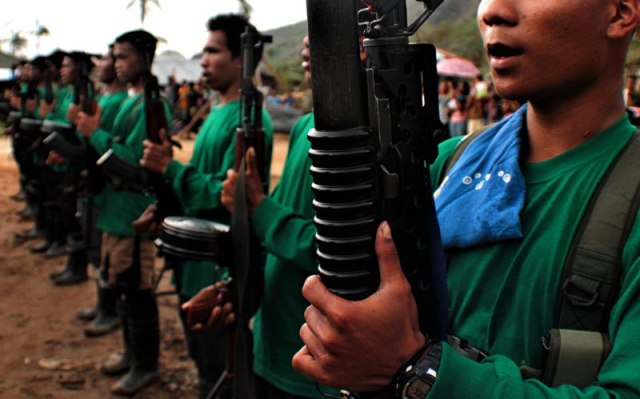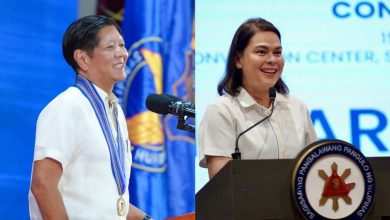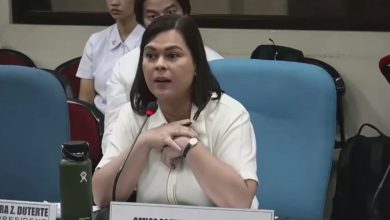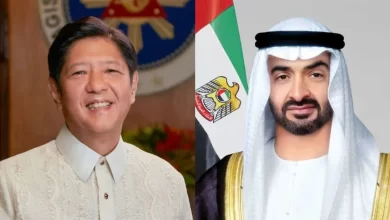Oslo: As the two sides kicked off talks in Norway aimed at ending one of Asia’s longest insurgencies, the Philippine government is hoping to reach a peace deal with communist guerrillas within a year.
“On the part of the [government] panel, we have imposed a timeline of nine to 12 months,” Silvestre Bello, the government delegation’s head of negotiations, was quoted as saying by Gulf News.
The government and the rebels hope to breathe new life into the peace process by discussing simultaneously the outstanding issues of social and economic reforms, political and constitutional changes, and an end to hostilities.
Previous peace talks have addressed one issue at a time.
“With this new approach we are quite confident that we will be able to achieve our timetable,” Bello reportedly said.
President Rodrigo Duterte, who took office on June 30, has reportedly made the resumption of talks with the rebels one of his top priorities. He has even floated the possibility of forming a coalition government with them.
The head of the rebel delegation, Luis Jalandoni, confirmed the timetable but was more cautious in his optimism about reaching a political settlement after 30 years of failed talks.
“I think we will try to do it in one year but it might take a little more time because the negotiations on social and economic reforms could take more time,” he reportedly told AFP. “It’s more complicated than some may think.”
Established in December 1968, the Communist Party of the Philippines launched a rebellion three months later that has so far claimed the lives of 30,000 people, according to official estimates, reported Gulf News.
Its armed faction, the New People’s Army (NPA), is now believed to have fewer than 4,000 gunmen, down from a peak of 26,000 in the 1980s, when a bloodless revolt ended the 20-year dictatorship of late president Ferdinand Marcos.
“We expect the realisation of the amnesty proclamation to release all political prisoners as a necessary incentive for the ceasefire between the two parties,” rebel delegation head Jalandoni reportedly said. “The road to peace will have its humps and bumps. It will not be easy even if we try to accelerate.”
Norway, which has been acting as intermediary for the peace process since 2001, hailed the hopeful atmosphere on Monday, as delegates from the two sides laughed and hugged.
“We know that there are … challenging issues to discuss and differences to overcome in the coming days and in the process ahead,” Norwegian Foreign Minister Borge Brende was quoted as saying by Gulf News. “We sincerely hope that you will make [progress] for the benefit of the people of the Philippines.”




